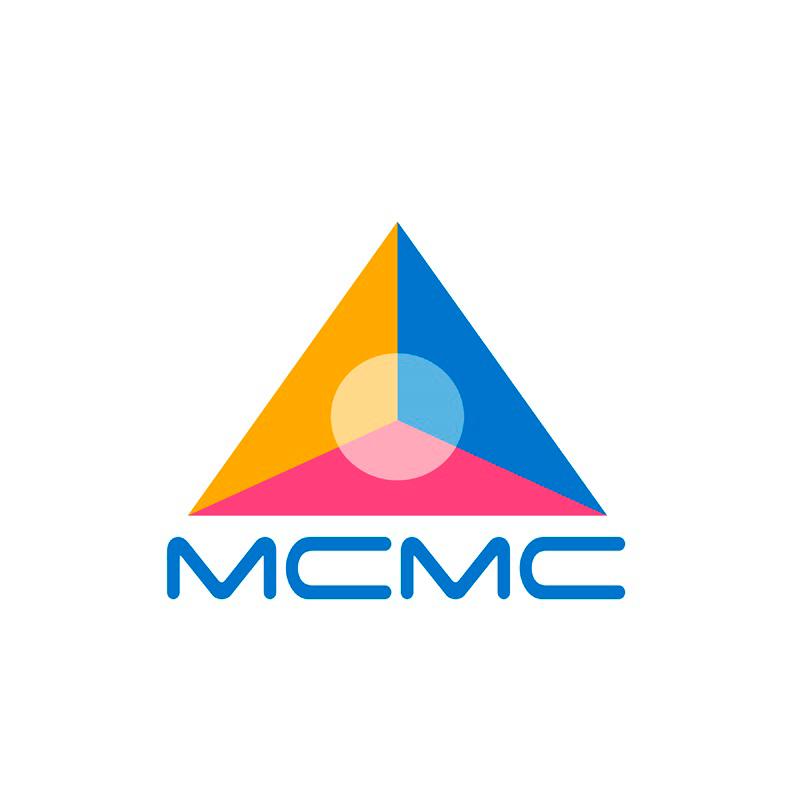CYBERJAYA: The Malaysian Communications and Multimedia Commission (MCMC) has assured that its directive to Internet Service Providers (ISPs) to redirect domain name system (DNS) traffic using third-party DNS servers back to their servers will not affect, disrupt, or block users from accessing legitimate websites.
Chief network security officer Datuk Dr. Mohamed Sulaiman Sultan Suhaibuddeen stated that the websites affected by this action are those that violate Malaysian law, thereby resulting in restrictions to prevent access for Malaysians.
“Websites that do not contain harmful content and have no issues can still be accessed as usual. The execution of this directive aims to protect users from accessing websites with dangerous online content.
“The blocking of illegal websites is not a new practice; it has been in place for many years. What is being done now is a strengthening of measures to prevent access to content that is unlawful,“ he said during a briefing on the DNS redirection here today.
For instance, Mohamed Sulaiman said MCMC has blocked 24,277 websites since 2018, for various violations such as online gambling (39 percent), pornography/obscene content (31 percent), copyright infringement (14 percent), and unlawful investments/scams (2 percent).
DNS is a system designed to turn website addresses into numeric IP addresses to locate websites on the internet. ISPs typically operate their own DNS servers, which can be configured to block access to certain websites or domains based on their content. This is a common method used to protect users from harmful content.
Commenting on perceptions and concerns regarding user privacy being compromised due to the implementation of the directive, Mohamed Sulaiman emphasised that MCMC does not have visibility over Internet browsing activities, nor will this action affect Internet speed.
“This redirection involves the respective ISPs; there is no connection to MCMC. For example, if someone is a customer of Telekom Malaysia (TM), they will be redirected to TM. We are not involved, and we do not have any information.
“Regarding speed, DNS functions by converting website addresses into numerical IP addresses to find and connect to the websites being accessed. It is not related to Internet speed issues,“ he said.
The directive, which is set to take effect on Sept 30, has led some to view the given timeframe as too short. However, Mohamed Sulaiman noted that ISPs were informed of the matter last year.
“The ISPs were briefed at the end of last year, and they have also conducted pilot tests. We have given them until the end of this month to carry out the final implementation,“ he said.
Mohamed Sulaiman stated that although the measure is to take effect at the end of this month, improvements can still be made continuously, as the main objective is to protect the public, particularly vulnerable groups, from harmful online content.
When asked about the necessity of the DNS redirection directive, particularly in light of Malaysia’s upcoming enforcement of social media licensing in January next year, Mohamed Sulaiman explained that harmful and illegal content is present in various formats and platforms, with the majority found on social media.
“However, we also find such content on websites that need to be blocked to protect vulnerable groups,“ he added.
He clarified that the definition of harmful content is not solely determined by the MCMC but also depends on the relevant jurisdiction owners, such as copyright laws under the Ministry of Domestic Trade and Cost of Living.
“They will evaluate and have their own experts. When they find a website with illegal content, they will make the decision. For example, the Ministry of Health can examine the sale of unregistered or harmful drugs. Each entity has its authority and its own laws,“ he explained.









